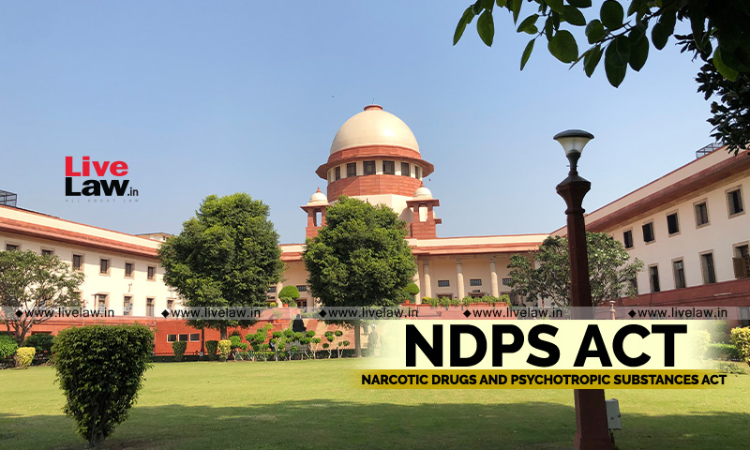Section 427 CrPC - Concurrent Running Of Sentences Shall Not Be Allowed In Drug Trafficking Cases : Supreme Court
Srishti Ojha
9 Dec 2021 6:31 PM IST

Next Story
9 Dec 2021 6:31 PM IST
The Supreme Court has reiterated that discretion to direct subsequent sentence to run concurrently with the previous sentence has to be exercised judiciously depending upon the nature of offences committed.A Bench comprising Justice MR Shah and Justice BV Nagarathna observed that in NDPS cases, even while applying discretion under Section 427 of Cr.PC, the discretion shall not be in favour of...
